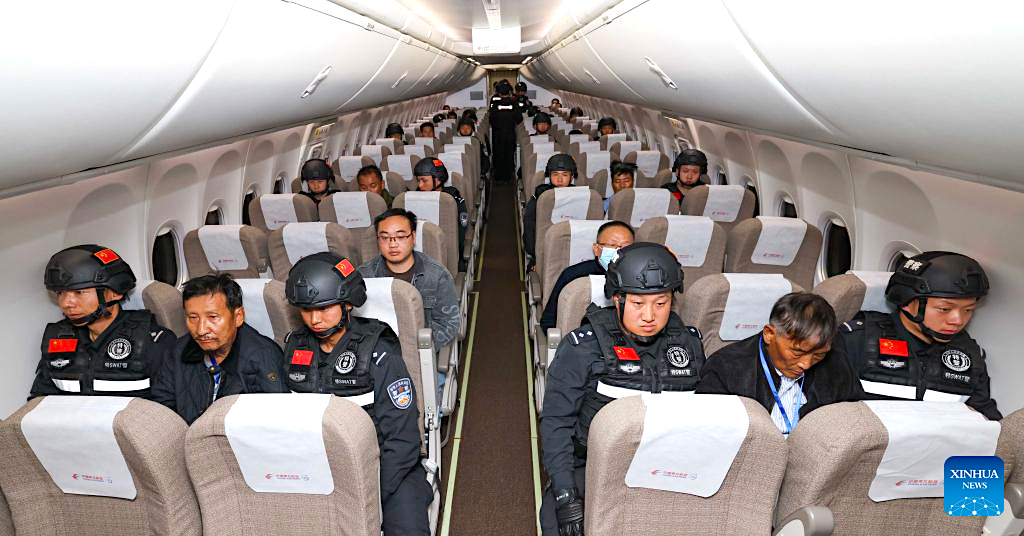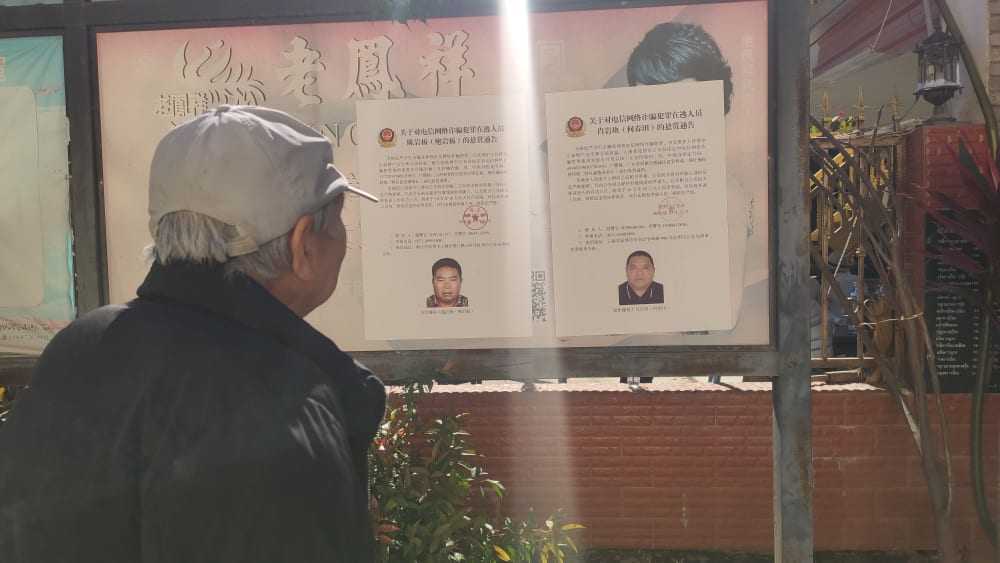Two rival armed groups in Shan State have declared war on cybercrime.
The Restoration Council of Shan State (RCSS) and Shan State Progress Party (SSPP) said in separate statements on Monday that they would take a tough line on online scam syndicates.
The two rival groups have been at war for decades over territorial disputes but agreed a ceasefire in late November last year.
The SSPP called online scams a threat to public morality and the global economy, saying that it would repatriate suspects.
The RCSS vowed to fight drugs, online scams and human trafficking in its territory. RCSS secretary Major Kham San said there were no online scam syndicates in its territory.
“Online scammers have passed through our territory but we let not them be based here. Many thousands of scammers fled near our territory so we have issued a red alert,” said Maj Kham San.
He said the RCSS would deepen the ceasefire with the SSPP and continue dialogue towards the ultimate goal of merging the two groups.

Online scam syndicates have fled to southern Shan State following the crackdown by the United Wa State Army (UWSA) and Myanmar National Democratic Alliance Army (MNDAA) in Wa and Kokang, said an ethnic affairs analyst who did not want to be named.
They have settled in SSPP territory but the armed group does not accept them, he said.
On January 23, the regime said it arrested 1,038 Chinese citizens, including 36 women, in Namhsan in southern Shan State for illegally crossing the Chinese border. Namhsan is controlled by junta-affiliated militias. The regime did not say if the detainees were involved in cybercrimes.
On Tuesday, the regime handed over 10 alleged cyber suspects, including Bai Suocheng, former chairman of Kokang Self-Administered Zone, and his son to China. The 10 suspects were named on Beijing’s wanted list in December with a bounty of up to 500,000 yuan (US$70,000) being offered for their arrests.
The analyst told The Irrawaddy: “Those who were shooed away by the SSPP were arrested by Myanmar’s military. Others went to Mongton and Mong Hsat in UWSA and RCSS territory. The groups will have to explain to China and the international community why they are hosting cybercrime syndicates if they remain.”
Jason Tower, the United States Institute of Peace’s director for Myanmar, said the MNDAA won credit with China and the international community for breaking the cyber gangs in Kokang.

“Criminal groups are increasingly moving into southern Shan as they are pushed out of northern Shan, presenting a major security challenge. The SSPP and RCSS announcements provide them with an opportunity to address this threat, which is likely to be seen positively by neighboring countries,” he said.
The statements offered an opportunity for them to consolidate control and governance over their territories while weakening crime groups that partner with the junta and seeking to co-opt other powerful actors along the Thai border, he added.
The SSPP is headquartered in Wan Hai, Mong Hsu Township, and the RCSS is based at Loi Tai Leng on the Thai border.
Unlike the SSPP, the RCSS was a 2015 Nationwide Ceasefire Agreement signatory and a member of the Peace Process Steering Committee to engage in talks with the Naypyitaw government.

















